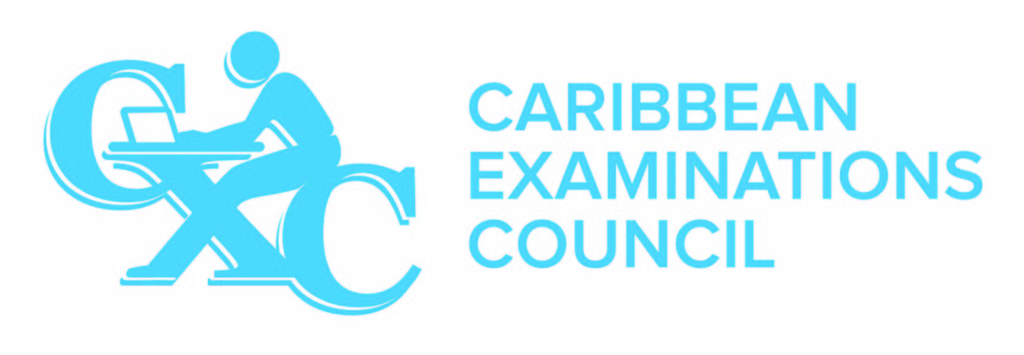Home News CXC completes independent review of exam results
…Ministry still unclear on aspects of final grade
The Independent Review Team, convened by the Chairman of the Caribbean Examinations Council (CXC), Professor Sir Hilary Beckles, has completed its report on the review of the modified approach for the administration of the 2020 Caribbean Advanced Proficiency Examination (CAPE) and Caribbean Secondary Education Certificate (CSEC) examinations. 
It was upon regional concerns from students that the Council instructed a team to review the moderation process applied to the School-Based Assessments (SBAs) and the grading process for the exams, among other related matters.
The findings of the report will be presented at a virtual media conference held on Sunday, October 18.
Education Minister Priya Manickchand on Wednesday led a team to continue discussions with the Caribbean Examination Council (CXC), as it relates to the numerous queries made officially to the examination body, consequent to the release of the Caribbean Secondary Education Certificate (CSEC) and Caribbean Advanced Proficiency Examination (CAPE) results.
The Ministry informed that the session was interactive as the Registrar sought to explain the reasons for the poor performance of some of the students. Clarification was sought on the weighting of the examination papers, how the grades from the Paper One and the School-Based Assessment (SBA) were applied to the subject profiles, and the overall composite score or final grade assigned.
Even after profound query, the Ministry said it remains unclear as to why students appeared to have performed poorer on Paper One of various exams.
A total of 20 schools in fifteen CSEC and CAPE subject areas had received ungraded results and subjects that were affected included: English A, Mathematics, Principles of Business, Office Administration, Human & Social Biology, Theatre Arts, Physical Education & Sports and Economics.
The CAPE subjects that were affected are: Geography Unit 1, Caribbean Studies, Agricultural Science, Environmental Science, Accounting Unit 1 & 2, Law Unit 1 and Pure Mathematics Unit 1 & 2.
These revelations sparked widespread public outrage, with other students demanding answers from the examinations body as it relates to the poor grades assigned.
However, following the Minister’s intervention, 14 schools where students were “ungraded” have since received results with grades. Some of these were Port Kaituma Secondary, Patentia Secondary, Annandale Secondary, New Amsterdam Secondary, Paramakatoi Secondary, Harmony Secondary, Carmel Secondary, Central High School, The Bishops’ High School, Leguan Secondary School and Mahaicony Secondary School.
“The MoE team was adamant that CXC should not have changed the format of the examination abruptly and that one cannot negate the fact that students may have been thrown off with the sudden change. It should be noted also that some errors occurred on the part of the schools which contributed to the dilemma of the students. For example, in some cases no SBAs submissions were made, schools submitted SBAs scores late, and the cover pages for SBAs were missing,” the Ministry said in its statement.
Going forward, the Ministry said it intends to closely monitor the SBA process through the development of a more rigid and elaborate protocol before submission.
Teachers, the Ministry stated, will also be trained in the process of uploading SBA scores which will be further examined by the Superintendent of Examinations before the final submission is made to CXC. “Training sessions will also be done with teachers with the intent of apprising them of the type of rating students should receive in the various profiles in order to receive the best grades in the various subject areas,” the release also shared. (G12)
